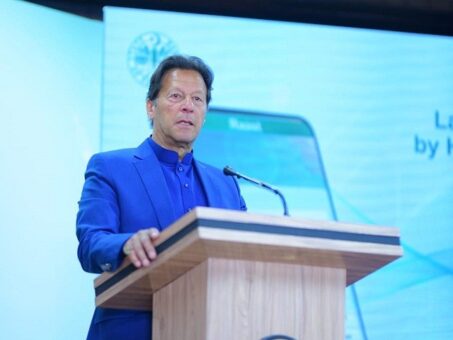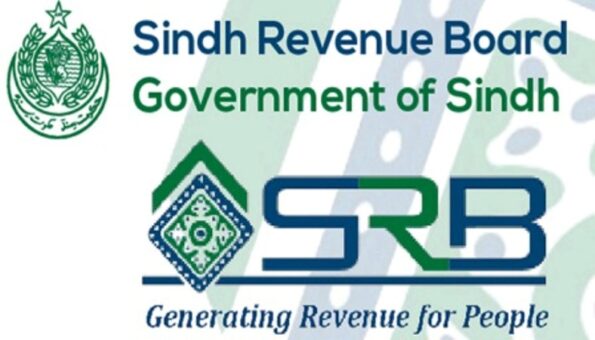ISLAMABAD: The inflation based on Sensitive Price Indicator (SPI) jumped up by 18 per cent by week ended February 17, 2022 as compared with the same week a year ago.
According to data released by Pakistan Bureau of Statistics (PBS) on Friday, the year on year trend depicts an increase of 18.09 per cent, in Tomatoes (322.87 per cent), Electricity for Q1 (65.79 per cent), Garlic (60.98 per cent), LPG (55.11 per cent), Mustard Oil (48.44 per cent), Petrol (42.28 per cent), Cooking Oil 5 litre (41.81 per cent), Vegetable Ghee 1 Kg (39.13 per cent), Vegetable Ghee 2.5 Kg (38.97 per cent), Washing Soap (38.40 per cent), Pulse Masoor (37.19 per cent) and Diesel (32.26 per cent).
READ MORE: Pakistan’s inflation climbs up 24-month high in January
While major decrease observed in the prices of Chillies Powdered (36.30 per cent), Pulse Moong (28.43 per cent), Chicken (9.77 per cent), Sugar (5.72 per cent), Onions (3.84 per cent) and Potatoes (0.38 per cent).
The SPI is computed on weekly basis to assess the price movements of essential commodities at shorter interval of time so as to review the price situation in the country. SPI comprises of 51 essential items collected from 50 markets in 17 cities of the country.
READ MORE: January headline inflation may clock near 13%
The SPI for the current week ended on February 17, 2022 recorded an increase of 0.22 per cent. Increase in the prices of food items Garlic (10.53 per cent), Tomatoes (4.35 per cent), Bananas (4.28 per cent), Chicken (2.89 per cent), Cooked Daal (1.94 per cent) and Vegetable Ghee 2.5kg (1.08 per cent) and non-food items Petrol (8.12 per cent), Diesel (6.52 per cent), Match Box (2.17 per cent) and Long Cloth (1.50 per cent) was observed with joint impact of (1.21 per cent) into the overall SPI for combined group of (0.22 per cent).
READ MORE: Mini-budget likely to push up inflation: SBP
On the other hand, decrease is observed in the prices of Chillies Powdered (5.41 per cent), Eggs (5.31 per cent), Electricity for Q1 (5.20 per cent), Onions (1.39 per cent), Potatoes (0.89 per cent), Gur (0.82 per cent), Sugar (0.59 per cent), Wheat Flour (0.27 per cent), LPG (0.17 per cent), Pulse Moong (0.11 per cent), and Pulse Mash (0.08 per cent).
During the week, out of 51 items, prices of 28 (54.90 per cent) items increased, 11 (21.57 per cent) items decreased and 12 (23.53 per cent) items remained stable.
READ MORE: Headline inflation rises by 12.3% in December 2021








